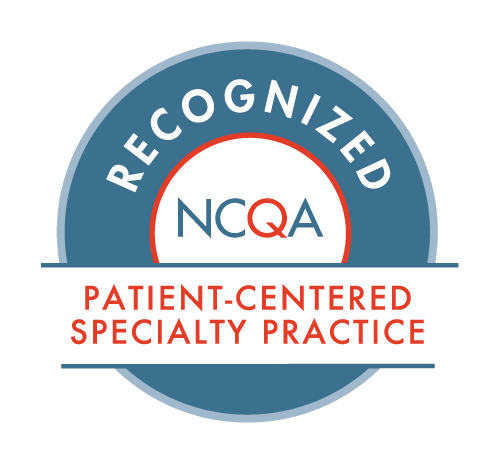Cardiomyopathy: Knowing What Symptoms to Watch For
- Posted on: Jun 6 2024
Cardiomyopathy is a disease of the heart muscle in which the heart experiences difficulty with pumping blood. It affects an estimated one in 500 U.S. adults and requires prompt treatment to reduce the risk of complications, including systolic heart failure and cardiac arrest. Systolic heart failure occurs when the heart does not pump blood effectively and represents 50% of all heart failures. The remaining 50% of heart failures are diastolic, which is caused by a stiffness of the heart muscle.
Knowing how to spot symptoms of cardiomyopathy can often lead to early treatment and improved quality of life. Here are cardiomyopathy signs to look out for and how to request an appointment with HCA if you need treatment.
What Is Cardiomyopathy?
Cardiomyopathy is a condition in which the heart muscle is unable to pump an adequate amount of blood throughout the body.
In cardiomyopathy, the heart muscle may be stiffened, thickened, thinned out, or filled with substances that do not belong there — all of which can inhibit the heart’s ability to pump blood efficiently. This condition can prevent blood from reaching your organs and other parts of the body, increasing your risk for a wide range of serious problems.
Common Symptoms and Causes of Cardiomyopathy
Symptoms produced by cardiomyopathy may not appear until your condition is severe.
Common cardiomyopathy symptoms include:
- Shortness of breath or difficulty breathing
- Dizziness
- Fainting
- Tiredness and fatigue, even after a period of rest
- Swelling in the legs and ankles
- Sudden weight gain
- Chest pain or pressure that intensifies after exercising or eating heavy meals
- Irregular heart rate
- Heart murmurs
Anyone can develop cardiomyopathy, though certain factors may increase your risk.
Common causes and risk factors of cardiomyopathy include:
- Heavy alcohol use
- Stimulant use
- High-stress situations
- Family history of cardiomyopathy
- Certain cancer treatments
- Other medical conditions, including diabetes, thyroid disease, and heart inflammation
Signs You May Have Cardiomyopathy
Cardiomyopathy may not produce symptoms in its early stages, so you may not know you have it right away. In most instances, your symptoms will gradually worsen as your condition progresses. A doctor who specializes in cardiology can perform one or more diagnostic tests to confirm whether you have this condition.
Swelling of the lower extremities and heart rate abnormalities are usually the first signs of cardiomyopathy. Next, you may notice symptoms including shortness of breath, nausea, and irregular heart rate. Late-stage cardiomyopathy is characterized by symptoms including weight gain, chest pain, and difficulty breathing, especially at night.
Call 911 if you experience fainting, difficulty breathing, heart palpitations, or chest pain that lasts longer than a few minutes. These symptoms indicate a potentially life-threatening emergency that requires immediate treatment.
Cardiomyopathy Treatment at HCA
If you are concerned that you may have symptoms of cardiomyopathy, contact your healthcare provider or Hunterdon Cardiovascular Associates at (908) 788-1710. We can evaluate your condition and discuss your available treatment options.
HCA is committed to providing the highest quality care in a patient-centered environment. Our offices are conveniently located in Flemington, Clinton, and Bridgewater. We also have subspecialty centers available to ensure our patients receive the proper care for their condition. Our specialized heart failure clinic has one of the lowest hospital admission rates in New Jersey.
Posted in: Uncategorized



